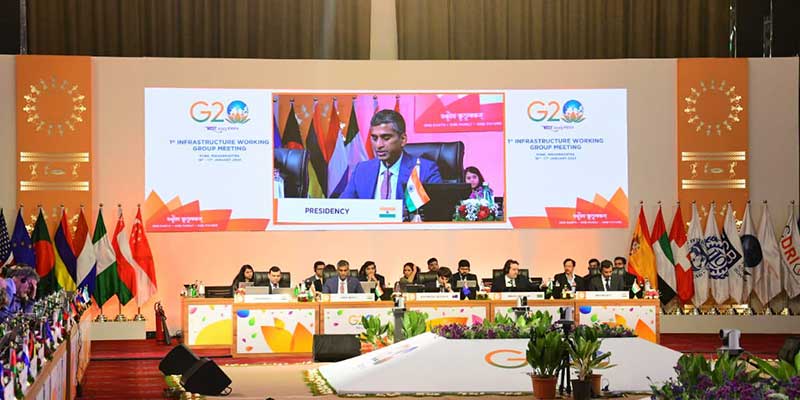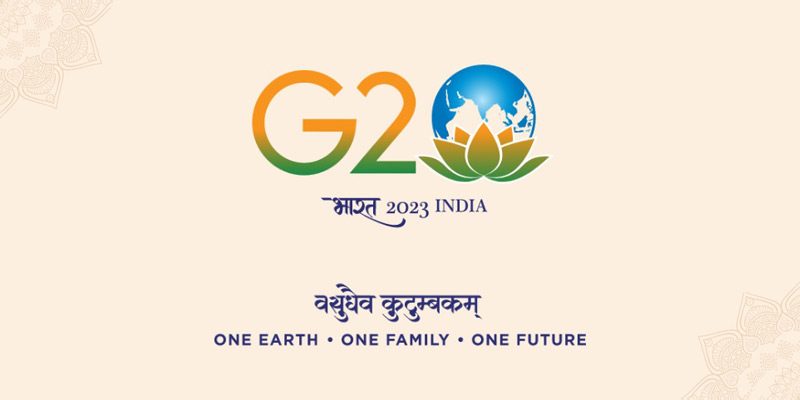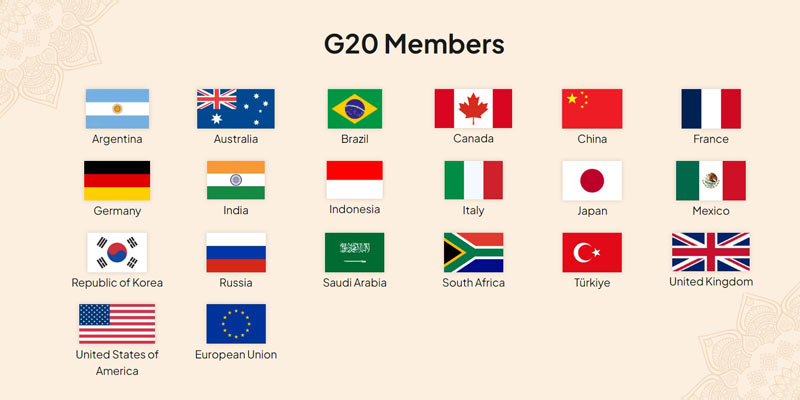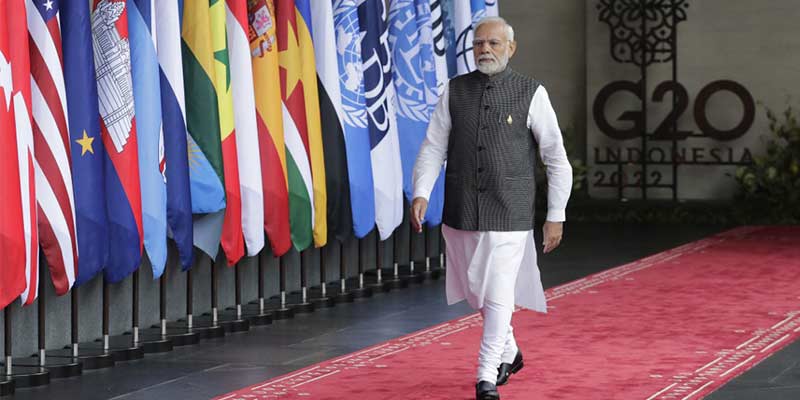- India
- Jan 18
First G20 Infrastructure Working Group (IWG) meeting concludes
• The first G20 Infrastructure Working Group (IWG) meeting under the aegis of G20, whose presidency is currently with India, concluded in Pune.
• The meeting was attended by 64 delegates from 18 member countries, eight guest nations and as many international organisations.
• It discussed the ‘2023 Infrastructure Agenda’ under the Indian G20 presidency.
• The meeting included discussions on various facets of making cities economic centres of growth, financing urban infrastructure, building future-ready urban infrastructure, the role of cities in meeting sustainability targets, directing fiscal investments for unlocking private financing for energy-efficient and environmentally sustainable infrastructure and mitigating social imbalances.
• The second meeting of the IWG is scheduled to be held in Visakhapatnam from March 28-29.
G20 Health Working Group Meeting
• The first Health Working Group meeting under India’s G20 presidency will be held in Thiruvananthapuram from January 18-20.
• The Health Track of the G20 India Presidency will comprise four Health Working Group (HWG) Meetings and one Health Ministerial Meeting (HMM). The meetings will be held in different locations across the country including Thiruvananthapuram (Kerala), Goa, Hyderabad (Telangana) and Gandhinagar (Gujarat).
What is G20?
• The G20 or Group of 20 is an inter-governmental forum of the world’s major developed and developing economies.
• It is the international forum that brings together the world’s major economies.
• The members of G20 are Argentina, Australia, Brazil, Canada, China, France, Germany, India, Indonesia, Italy, Japan, Mexico, South Korea, Russia, South Africa, Saudi Arabia, Turkey, the UK, the US and the European Union (EU).
• Its members account for more than 85 per cent of world GDP, 75 per cent of global trade and about two-thirds of the world population.
• India has been a member of the G20 since its inception in 1999.
• India formally assumed the G20 presidency on December 1, 2022.
Genesis of G20
• After the Asian Financial Crisis in 1997-1998, it was acknowledged that the participation of major emerging market countries is needed in discussions on the international financial system, and G-8 finance ministers agreed to establish the G20 finance ministers and central bank governors meeting in 1999.
• The G20 finance ministers and central bank governors meetings were centered on major economic and monetary policy issues amongst major countries in the global financial system and aimed at promoting cooperation toward achieving stable and sustainable global economic growth for the benefit of all countries.
• The participating members in the meetings were the same as the current G20 members.
• Since then, finance ministers and central bank governors have met annually.
• India hosted a meeting of G20 finance ministers and central bank governors in 2002.
• In November 2008, the inaugural G20 Summit was held in Washington, D.C. in response to the global financial crisis that occurred in the wake of the collapse of the Lehman Brothers.
• The G20 meeting of finance ministers and central bank governors was upgraded to the head of state level, as a forum for leaders from major developed and emerging market countries.
• In September 2009, the third summit was held in Pittsburgh where the leaders designated the G20 as the “premier forum for international economic cooperation”.
• From thereon, the summit meetings were held semi-annually until 2010 and annually from 2011 onwards.
How G20 works?
• The G20 presidency steers the G20 agenda for one year and hosts the Summit.
• The G20 consists of two parallel tracks: the Finance Track and the Sherpa Track.
• Finance ministers and central bank governors lead the Finance Track while Sherpas lead the Sherpa Track.
• The G20 process from the Sherpa side is coordinated by the Sherpas of member countries, who are personal emissaries of the Leaders.
• In addition, there are Engagement Groups which bring together civil societies, parliamentarians, think tanks, women, youth, labour, businesses and researchers of the G20 countries.
Manorama Yearbook app is now available on Google Play Store and iOS App Store




